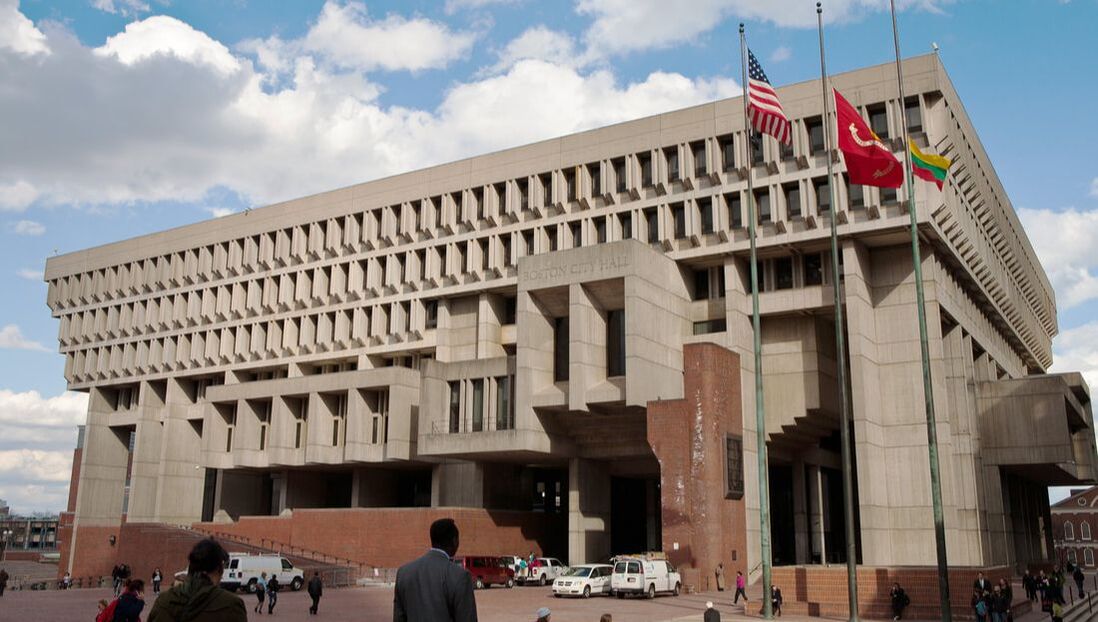|
The oral argument for Shurtleff v. Boston – challenging the denial of a group whose flag prominently displays the Latin cross from accessing a city flagpole that was previously open to all other groups – revolved largely around two questions.
The city of Boston has an open policy of letting various groups fly their flags while holding events under the flagpole. Mathew Staver, the attorney for petitioner Camp Constitution, noted that for more than 12 years, the city exercised virtually no review of applicants seeking to fly their flag and hold their events on city property – until Camp Constitution made its application and Boston denied it permission to fly its flag. The U.S. Court of Appeals for the First Circuit upheld the city’s decision, ruling that the flags constituted government speech. The Supreme Court is now reviewing that decision. Several justices asked: Would a reasonable person see the flag near city hall and conclude that Boston was endorsing Christianity? Staver responded that the observer would view the celebration around the base of the flagpole and see it for what is: speech by private citizens, not the city. Justice Samuel Alito asked the attorney for Boston what constitutes “government speech.” Justice Alito posed a thorny question: “Suppose that it was a speaker’s platform in a park and they say you – anybody – can speak here, but you have to give us your speech in advance, and we’re going to exercise complete control over what you say. If we don’t like your speech at all, we’re going to reject it. If its got some things we don’t like, we’re going to edit it. Other than that, you can say anything you want subject to our complete control. That’s government speech?” Alito summed up his view “that’s exactly what censorship is.” Given that Boston allowed many groups of varying backgrounds to access the flagpole, the Protect The 1st amicus brief in this case stated that “this Court should reverse the First Circuit’s decision to make clear that the government may not evade the Free Speech Clause by engaging in precisely the kind of censorship that clause was enacted to prevent.” Echoes of PT1st’s amicus brief were heard throughout the argument. The Court seems poised to hold that for speech on public property to be considered “government speech” – which does allow for viewpoint discrimination – the government must exercise robust control over messages. The government cannot just exclude viewpoints it disfavors by claiming its exercising control when it isn’t. Another point from the PT1st brief that emerged in the discussion is the Justices seem to recognize that allowing displays of religious symbols on government property is not a violation of the Establishment Clause of the First Amendment. Comments are closed.
|
Archives
June 2024
Categories
All
|
ABOUT |
ISSUES |
TAKE ACTION |



 RSS Feed
RSS Feed